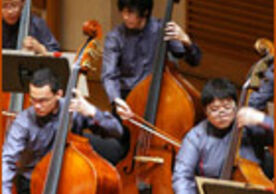Debate abounds over whether globalization is good or bad for the individual, the family, the nation, and the world. Exchanges and interconnections are as old as human history itself, as people moved around the globe in search of opportunity and spreading new ideas. Pessimists view increased interdependence as a terribly destructive trend for communities and culture, while optimists envision a diverse and better life for all. The word “globalization” itself describes an endless range of interactions, both deliberate and accidental. Unforeseen consequences can emerge sometimes decades later. Steady cooperation rather than conflict is in order as global integration continues to influence nearly every aspect of modern life.





